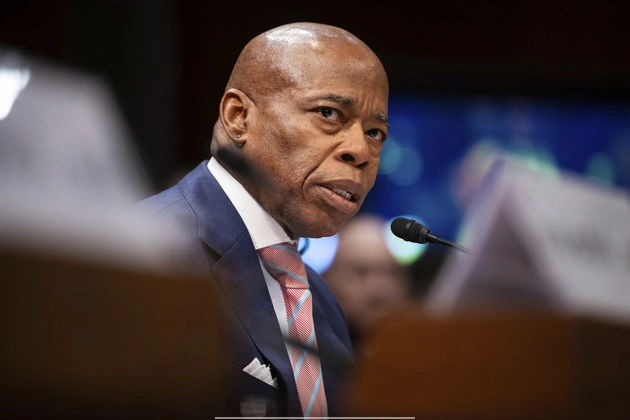
Involuntary Hospitalization: The Shift in New York Democrats' Stance
In New York, Democrats across the political spectrum are increasingly supporting the involuntary hospitalization of mentally ill individuals living on the streets and subways, marking a significant shift from just a few years ago.
The Changing Landscape
New York City comptroller and mayoral candidate Brad Lander recently proposed expanding involuntary removal as part of his comprehensive plan to address street homelessness. While his focus remains on providing more housing and social services, he emphasizes the role of assessment and hospitalization in the process.
Similarly, State Sen. Jessica Ramos, a mayoral candidate aligned with the progressive wing of the party, has expressed openness to involuntary removal for individuals who are unable to recognize their mental health challenges and seek help voluntarily.
Political Perspectives
On the other end of the spectrum, Mayor Eric Adams and Governor Kathy Hochul, known for their moderate stance, have long advocated for increased powers related to involuntary treatment. Hochul recently announced plans to introduce legislation that would relax the state’s standards for involuntary commitment, while Adams introduced a program allowing first-responders to transport individuals unable to meet their basic needs, even against their will.
Broader Support Amid Challenges
The growing acceptance of compulsory treatment for severely mentally ill individuals follows a series of violent incidents in New York City subways and reflects a broader shift in the national political landscape. Despite ongoing debates about the legality and efficacy of involuntary removal by civil rights and housing advocacy groups, New York officials argue that it is a necessary tool in addressing the city’s complex challenges.
Implications for the Future
The intersection of housing, public safety, and mental health is poised to define the upcoming mayoral race in New York City. While progressive candidates advocate for systemic changes to tackle the root causes of homelessness, Adams presents himself as a law-and-order candidate seeking a second term. The debate over policy amendments to address individuals living on the streets, sometimes posing risks to themselves and others, will remain central in the political discourse.
Future Directions and Criticisms
As the debate intensifies, different voices emerge. While some, like Brad Lander, emphasize the importance of supportive housing to break the cycle of homelessness, others, such as Jessica Ramos, criticize enforcement-heavy approaches. The need for additional resources and expertise in mental health is acknowledged as a crucial aspect of addressing street homelessness effectively.
Despite the current political momentum favoring involuntary hospitalization, concerns about its long-term impact persist. Advocates caution against prioritizing coercive measures over holistic solutions like housing and mental health support, highlighting the complexity of the issue.















